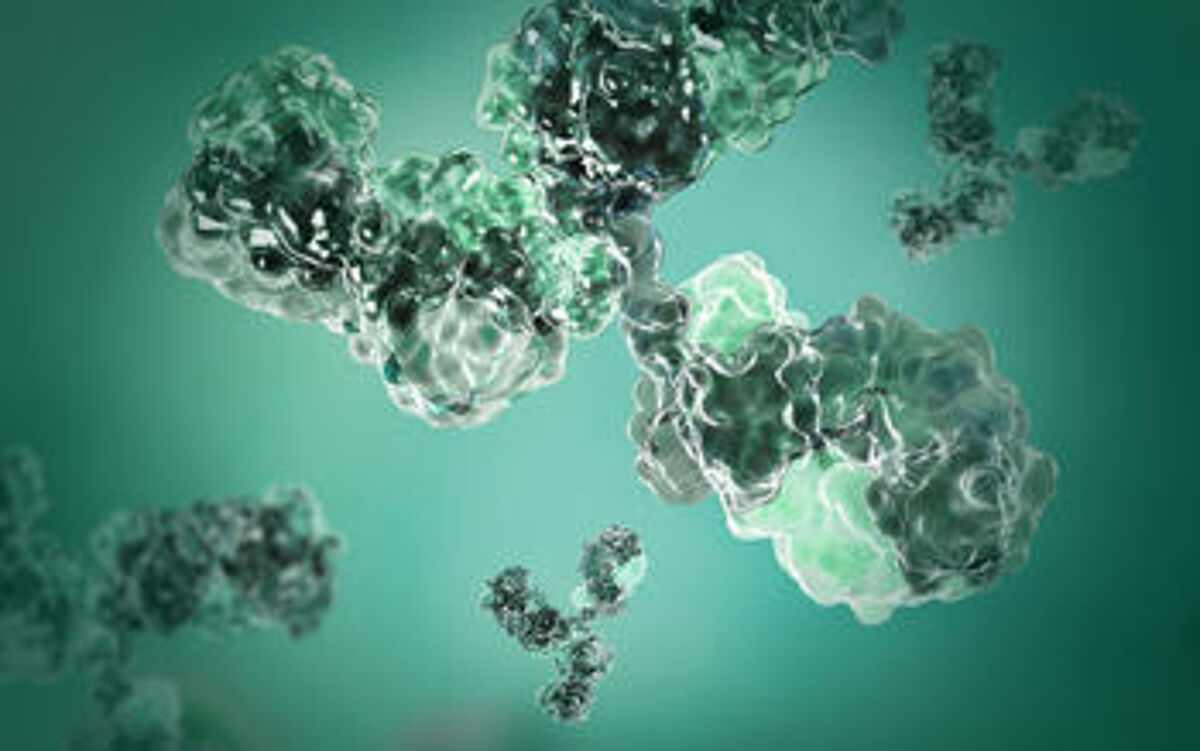CSFs and Receptors: Drivers of Hematopoiesis and Immune Regulation
Wiki Article

Introduction to CSFs and Receptors
Colony Stimulating Factors, or CSFs, are a group of glycoproteins that play a pivotal role in the regulation of blood cell production and immune system function csfs and receptors. These growth factors act by binding to specific receptors on the surface of hematopoietic progenitor cells, triggering signaling pathways that govern cell proliferation, differentiation, and survival. The interaction between CSFs and their receptors ensures the continuous replenishment of the immune system and supports the body’s response to infection, injury, and stress.
Types and Functions of CSFs
There are several key CSFs, each with specialized functions in hematopoiesis. Granulocyte Colony Stimulating Factor (G-CSF) primarily promotes the production and mobilization of neutrophils, which are crucial for innate immune defense. Granulocyte-Macrophage Colony Stimulating Factor (GM-CSF) influences both granulocyte and macrophage lineages, enhancing their maturation and function. Macrophage Colony Stimulating Factor (M-CSF) specifically drives the development and activation of monocytes and macrophages. These growth factors ensure that blood cell populations are balanced and capable of responding effectively to physiological demands.
CSF Receptors and Signaling Mechanisms
CSF receptors are transmembrane proteins expressed on hematopoietic progenitor cells and mature immune cells. Upon binding to their respective ligands, these receptors initiate intracellular signaling cascades, including the JAK/STAT, PI3K/AKT, and MAP kinase pathways. These pathways coordinate gene expression programs that promote cell survival, proliferation, and differentiation. The specificity of receptor-ligand interactions allows CSFs to fine-tune hematopoietic output in response to systemic cues such as infection, inflammation, or chemotherapy-induced cytopenia.
Clinical Significance of CSFs
The clinical relevance of CSFs and their receptors is profound, particularly in medicine and immunotherapy. Recombinant CSFs are widely used to stimulate bone marrow recovery following chemotherapy or bone marrow transplantation, reducing the risk of infection in immunocompromised patients. Dysregulation of CSF signaling can contribute to hematological disorders, including leukemia and other myeloproliferative diseases. Understanding the molecular mechanisms of CSF receptor signaling has enabled the development of targeted therapies that modulate immune cell production and function in both disease and therapeutic contexts.
Research Advances and Future Directions
Recent research has expanded knowledge of CSF receptor biology, uncovering mechanisms such as receptor oligomerization, cross-talk with other cytokine systems, and post-translational modifications that influence signaling outcomes. Novel therapeutic strategies are being explored, including engineered CSF variants with enhanced receptor specificity and controlled activity, which may improve patient outcomes while minimizing side effects. Advances in single-cell analysis and high-resolution imaging continue to reveal the dynamic nature of CSF signaling in vivo, offering opportunities for precision medicine approaches in immunology and hematology.
Conclusion
CSFs and their receptors are central regulators of blood cell production and immune system function. Their precise signaling ensures the maintenance of immune homeostasis and the capacity to respond to physiological stress. Continued research into CSF biology not only enhances our understanding of hematopoiesis but also provides a foundation for innovative therapies that can optimize immune recovery, combat hematological disorders, and improve patient care.